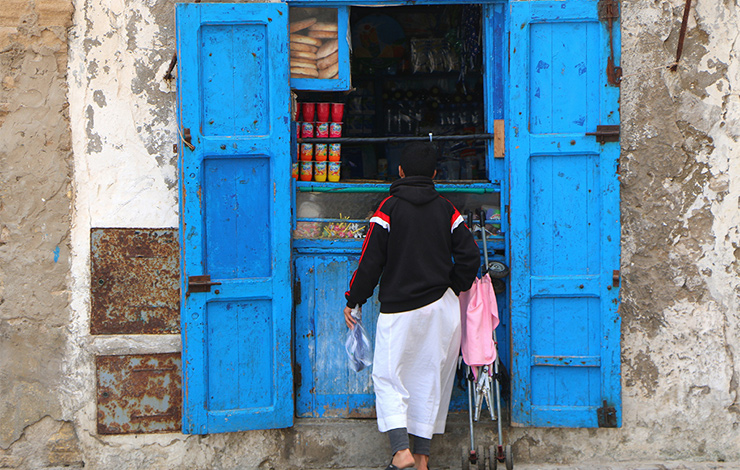Lack of access to information in Morocco hinders citizens’ ability to claim their rights and prevents lawmakers, the media, and civil society from evaluating the performance and conduct of public institutions. To address this issue, this program created a multi-disciplinary research committee to conduct a study on the current state of access to information in Morocco, organized a conference to raise awareness about the adoption of new legislation on the right to information, and worked to improve the implementation of new legislation.
Challenge

Lack of access to information in Morocco hinders citizens’ ability to claim their rights and prevents lawmakers, the media, and civil society from evaluating the performance and conduct of public institutions. According to a report published by the Centre for Media Freedom in the Middle East and North Africa (CMF MENA) in 2010, 35 percent of lawmakers could not access vital government information required to carry out their work. Of the lawmakers that were able access this information, 46 percent stated that the government did not respect the legal deadline for responding to requests for information. The problem of access to information also negatively impacts business. According to another study conducted by CMF MENA, more than 90 percent of businesses surveyed were unsatisfied with the quality of information provided to them by the government, and 70 percent found the information they received to be outdated or incomplete.
Program Summary
This program was designed to establish a formal platform for debating and analyzing the right to information in Morocco, and to engage civil society, the government, and the private sector in improving access to information. Through the creation of a multidisciplinary research committee, the Association carried out the following activities:
- Conducted a study on the current state of access to information in Morocco to understand relevant actors, progress, and improvements yet to be made;
- Organized a conference to raise awareness among politicians, civil society actors, journalists, lawyers, and private sector actors about legislation on the right to information.
- Carried out lobbying activities with parliamentarians and politicians to advocate for new legislation on access to information for inclusion in the new draft constitution.
Impact
This program’s activities were unexpectedly propelled by the events of the Arab Spring, which created an environment that was more conducive to institutional change and democratic participation in decision-making. The research committee produced a series of studies on access to information and its impact on corruption, poverty, and democratic transition, but following the adoption of new legislation on access to information, the committee shifted its focus to improving the implementation of this legislation. Furthermore, in the aftermath of Arab Spring and its impact on improving laws and processes for accessing information, the program’s workshops focused more on improving understanding and improving existing legislation as well as educating citizens about the importance and use of government information.
Partners
- MADA Center for Humanities Studies and Research
- RIFAITECH SARL

